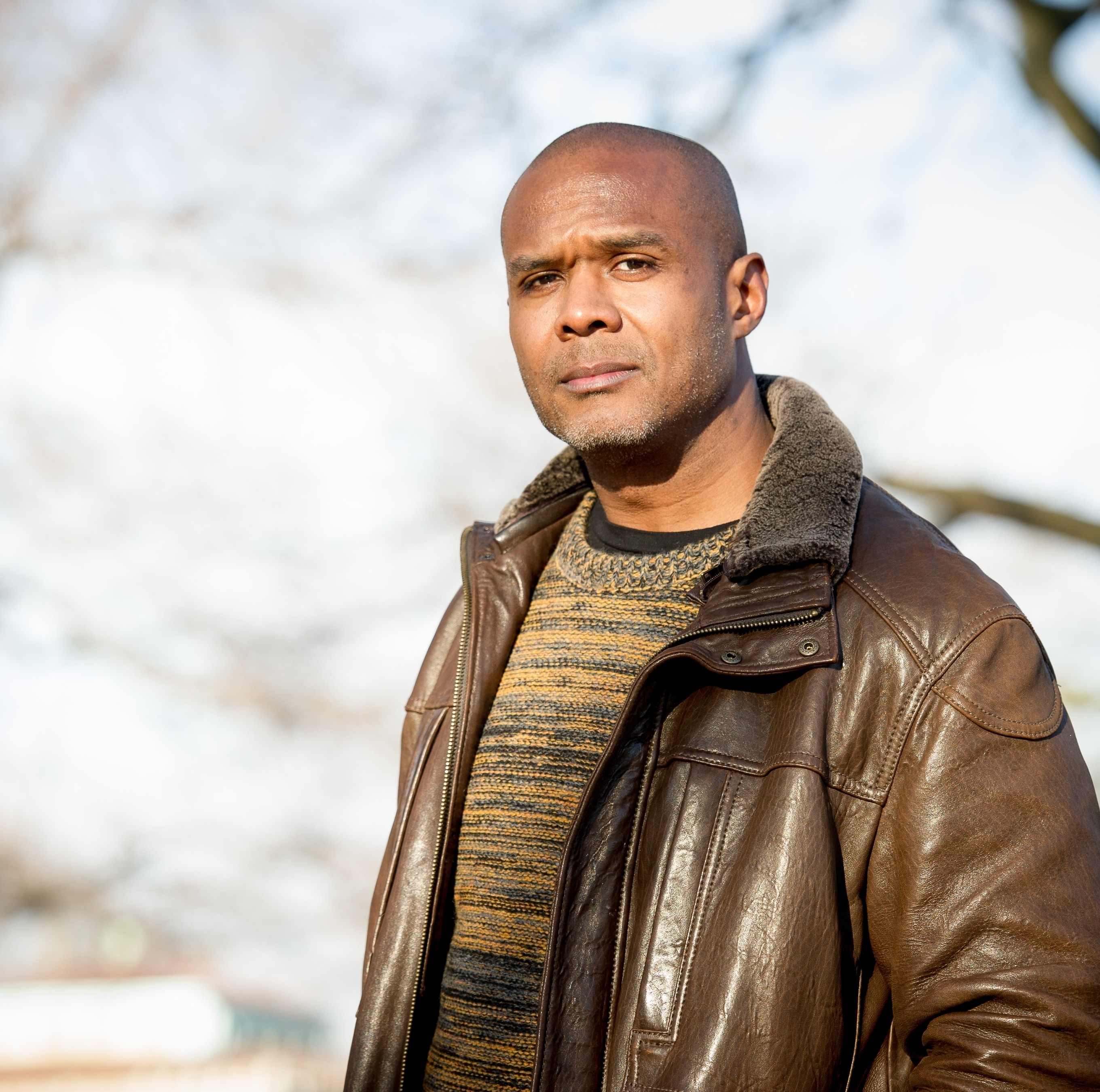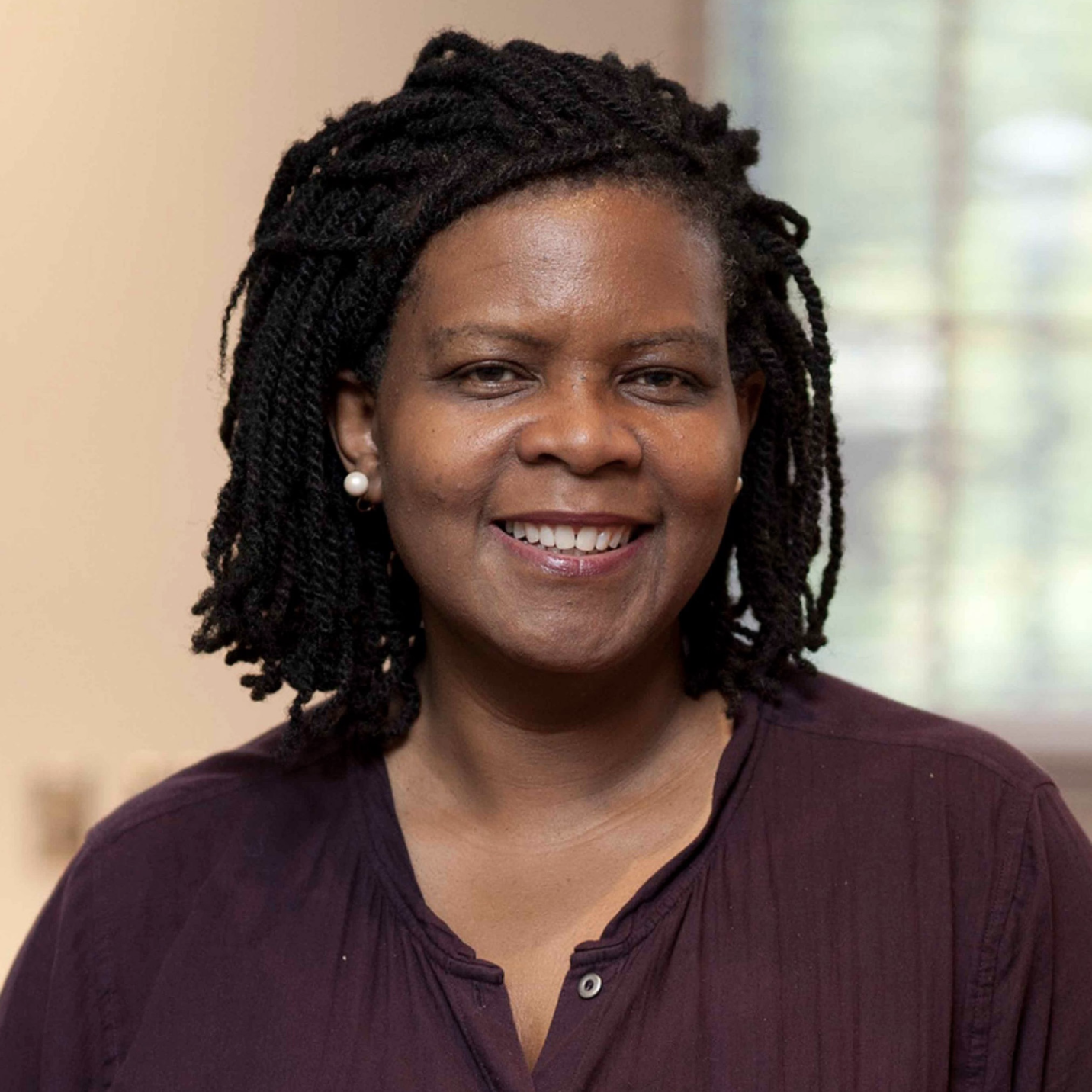James Hannaham. Photo: Ian Douglas/Little, Brown and Company On Friday, the Associated Press changed its style guide to capitalize the “b” in “Black” in cases in which that word refers to people in a “racial, ethnic or cultural context, weighing in on a hotly debated issue.” The Washington Post is creating newsroom positions that will focus on race. The new roles will include a managing editor for diversity and inclusion, “a senior leadership position with responsibilities such as convening regular coverage discussions focused on race and identity and the identification and recruitment of candidates.” After facing financial setbacks that
Annette Gordon-Reed At The Nation, Jamaal Bowman writes that it’s time to make Juneteenth a national holiday. The National Archives has located the original Juneteenth order, a handwritten military letter freeing slaves in Texas. At the New Yorker, Annette Gordon-Reed remembers childhood celebrations of the holiday, and Jelani Cobb observes that “Juneteenth exists as a counterpoint to the Fourth of July; the latter heralds the arrival of American ideals, the former stresses just how hard it has been to live up to them.” At the New York Times, Jamelle Bouie writes about “Why Juneteenth Matters,” and authors and historians
Trisha Low. Photo: Kari Orvik At Literary Hub, Willow Curry reflects on the connection between activism and art. “There has been no modern freedom struggle without its painters and poets, storytellers and speakers and songwriters,” she writes. “The radical artist’s work in absorbing the nature of the world around them and translating that into tangible objects is vital in helping people make order out of what can seem like chaos.” The Community of Literary Magazines and Presses announced the finalists for its Firecracker Awards yesterday. Nominees include Trisha Low’s Socialist Realism, Carley Moore’s The Not Wives, and We Both
Kazuo Ishiguro. Photo: Jeff Cottenden The International Center of Photography and the Black Press Freedom Fund are working together to offer grants for personal protective equipment to Black photojournalists who are documenting the ongoing Black Lives Matter protests. “There are an incredible number of talented, gifted, and brave black storytellers on the frontlines, many of whom are risking their personal safety to document the historic protests currently taking place over the deaths of George Floyd, Breonna Taylor, Ahmaud Arbery, Tony McDade, and countless other Black Americans who have suffered police brutality and systemic racism in the United States,” the
Kit de Waal. Photo: Justin David Over one hundred UK authors have formed a new group to address inequality in the publishing industry. In an open letter, members of the Black Writers’ Guild—including Bernardine Evaristo, Candice Carty-Williams, and Kit de Waal—asked the Big Five publishers to make the publishing process more transparent and to hire more black editors and employees, among other recommendations. “Publishers have taken advantage of this moment to amplify the marketing of titles by their black authors and release statements of support for the black communities who have been campaigning for equality for decades,” they write.
Hope Wabuke At least six members of the National Book Critics Circle’s board of directors have resigned following the publication of an internal email written by board member Carlin Romano, in which he responded to the board’s collective effort to publish a letter stating its support of writers of color. Among other things, Romano wrote, “I resent the idea that whites in the book publishing and literary world are an oppositional force that needs to be assigned to re-education camps.” Poet and board member Hope Wabuke tweeted portions of Romano’s letter. She has resigned, stating: “It is not possible
Chenjerai Kumanyika For Nieman Lab, journalist Wendi C. Thomas details the ways in which the Memphis Police Department has been spying on Black journalists and activists and how that surveillance has changed her reporting. Thomas found out she was being surveilled when she was reporting on a suit brought by the ACLU of Tennessee against the MPD for spying on residents “for political purposes.” “I’d long suspected that I was on law enforcement’s radar, simply because my work tends to center on the most marginalized communities, not institutions with the most power,” she writes. “My sin, as best I
Keisha N. Blain At The Atlantic, Keisha N. Blain looks back at the long tradition of Black women’s activism and organizing. Anna Wintour has sent a memo to staff admitting that Vogue has published material that is “hurtful and intolerant” and that her magazine “has not found enough ways to elevate and give space to Black editors, writers, photographers, designers and other creators.” Meanwhile, The Wrap reports on current and former Condé Nast employees’ reactions to a town-hall meeting on diversity held yesterday. CEO Roger Lynch claimed that the company was unaware of staff concerns about a lack of
Michelle Alexander In the New York Times, Michelle Alexander reflects on the continuing protests across the nation and offers her thoughts on how we can learn from history and envision a new system. “In part, we find ourselves here for the same reasons a civil war tore our nation apart more than 100 years ago: Too many citizens prefer to cling to brutal and unjust systems than to give up political power, the perceived benefits of white supremacy and an exploitative economic system,” she writes. “If we do not learn the lessons of history and choose a radically different
Yamiche Alcindor James Bennet has resigned from his position as editor of the New York Times Op-Ed page. In a staff letter announcing Bennet’s departure, publisher A. G. Sulzberger wrote, “Last week we saw a significant breakdown in our editing processes, not the first we’ve experienced in recent years.” The resignation followed the publication of an op-ed by Republican Senator Tom Cotton, which drew sharp criticism from readers, and led some New York Times staffers to demand Bennet’s dismissal. Robin DiAngelo’s White Fragility: Why It’s So Hard for White People to Talk About Racism (Beacon Press), published almost two
Lauren Michele Jackson A day after defending the decision to publish senator Tom Cotton’s New York Times op-ed, “Send in the Troops,” editorial-page editor James Bennet told staff members that he didn’t read the article before it was published. Soon after, the paper issued a statement: “This review made clear that a rushed editorial process led to the publication of an Op-Ed that did not meet our standards. As a result, we’re planning to examine both short-term and long-term changes, to include expanding our fact-checking operation and reducing the number of Op-Eds we publish.” On Thursday, the article had
Soraya Nadia McDonald. Photo: Laurent B. Chevalier In “Why We Can’t Stop Thinking About George Floyd’s Neck,” Soraya Nadia McDonald writes about the history of lynching, chokeholds, iron collars, and other state-sanctioned attacks on black Americans that target one of the body’s most vulnerable areas. The May edition of Radical History Review, a special issue on “Policing, Justice, and the Radical Imagination,” is available online for free at the Duke University Press website. Staffers from the New York Times are denouncing the paper’s decision to run “Send in the Troops,” an op-ed by Senator Tom Cotton calling for the
Jonathan Capehart. Photo: Billy Graves The Brain Lair bookshop offers a list of essential anti-racist reading. Robin DiAngelo, author of White Fragility: Why It’s So Hard for White People to Talk About Racism, joins Jonathan Capehart on his podcast Cape Up. Elizabeth Hinton makes the case that “George Floyd’s Death is a Failure of Generations of Leadership,” detailing the history of policing policy from the 1960s to today. Hinton writes, “As we create a new future of policing, we should not fall back on the unsuccessful, top-down approaches of the past. Demonstrators today are calling for the restructuring of
Ibram X. Kendi. Photo: Stephen Voss At the Los Angeles Times, LZ Granderson details the mental toll on black journalists of covering police violence—especially during a pandemic that is disportiantly killing people of color. John Eligon of the New York Times told Granderson: “It is getting very difficult to tell the stories of black people dying on an emotional level. People who look like me or family members of mine, and the practical weight that the police don’t see you as a journalist but as a black man in the street.” Suzette Hackney of the Indianapolis Star said, “I
Ottessa Moshfegh. Photo: Jake Belcher Verso Books has made Alex S. Vitale’s 2017 The End of Policing free to download as an e-book on its website. In Vitale’s words: “The problem is not police training, police diversity, or police methods. The problem is the dramatic and unprecedented expansion and intensity of policing in the last forty years, a fundamental shift in the role of police in society. The problem is policing itself.” (For more from Vitale, see his new article in The Nation: “The Only Solution Is to Defund the Police.”) Michael Robbins has been publishing new poems, from
Mary Ruefle. Photo: Matt Valentine Longtime Simon Schuster publisher Jonathan Karp has been selected as the company’s president and CEO. Karp, who was previously the publisher and editor of Hachette imprint Twelve, succeeds Carolyn Reidy, who died earlier this month. “For 96 years, Simon Schuster has been the gold standard for publishing books that satisfy and illuminate readers, and I am grateful for the opportunity to inherit this great legacy,” Karp said in a statement. “We will continue to build on the strong foundation that Carolyn Reidy and the leadership team have in place to publish books we believe
Larry Kramer. Photo: David Shankbone Author, activist, and playwright Larry Kramer died yesterday at the age of eighty-four. A founder of ACT UP, Kramer was called “one of America’s most valuable troublemakers” by Susan Sontag. Anthony Fauci, who became friendly with Kramer after the author called him “a killer and ‘an incompetent idiot’” in a 1988 open letter, remembered Kramer contributions to the fight against the HIV epidemic. “Once you got past the rhetoric,” he said, “you found that Larry Kramer made a lot of sense, and that he had a heart of gold.” For the New York Times,
C Pam Zhang. Photo: Gioia Zloczower “There was some grief at the beginning over not being able to go out and celebrate, but that kind of dissipated because as unfortunate as this is, I have to remind myself that the whole point of writing a book is that books live very long lives,” C Pam Zhang told the Reading Women podcast about publishing a book during the coronavirus pandemic. “I’m honestly far more worried about the health of indie bookstores because they’ve always been hanging on by a thread, and it’s just really important to support them in this
Megha Majumdar. Photo: Elena Seibert Literary Hub has posted its Summer Books Preview for 2020. Highlights include Masha Gessen’s Surviving Autocracy, Megha Majumdar’s A Burning, and Patrick Hoffman’s Clean Hands. At the Columbia Journalism Review, Lauren Harris reflects on the difficulty of reporting on COVID-19 and explains why journalists must work to contextualize expert information for readers. “It’s tempting for journalists to see themselves as outside observers. They are not. Reporters gather bits of information and cobble them together—superimposing narratives, culling expert voices, using semantic sleight-of-hand to show readers where to look. The press is part of the system,”
Emma Straub. Photo: Jennifer Bastian “There are plenty of things to feel guilty about in life—yelling at your kid, not putting a shopping cart back in the parking lot, sleeping with your best friend’s spouse—why put that on reading? If I could absolve readers of one thing, it would be this—feeling guilt about books that they like, and books that they don’t,” Emma Straub tells Literary Hub. “Ditch the guilt! Embrace excitement, and glee, about all the books you still have to read for the very first time.” The New York Times Book Review rounds up the best of



















